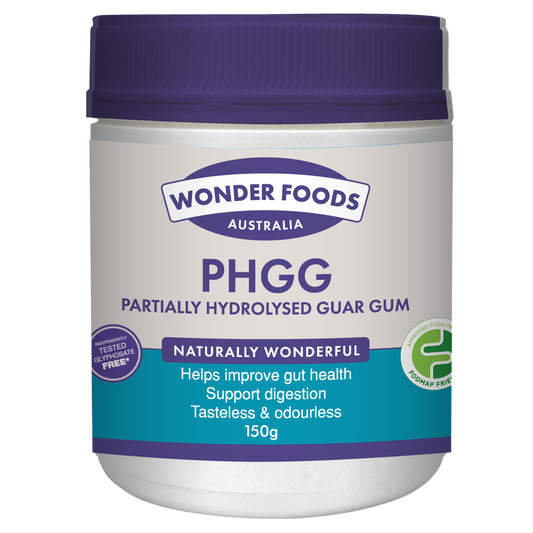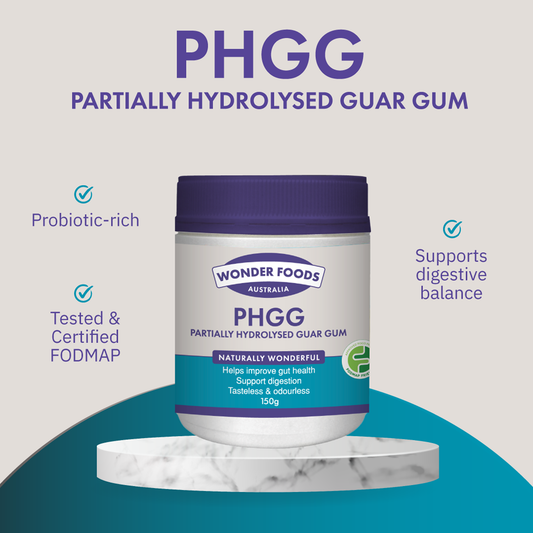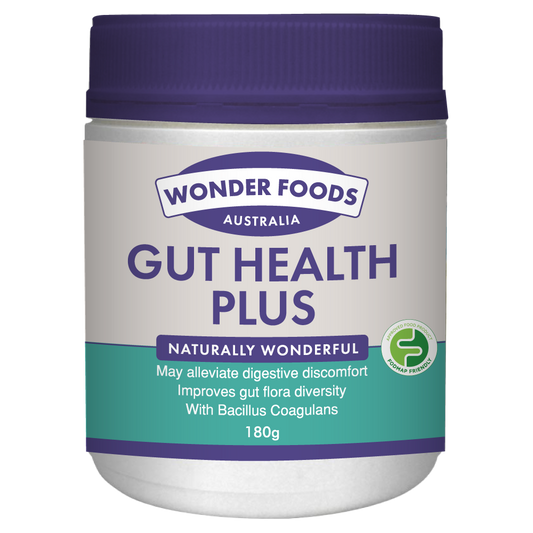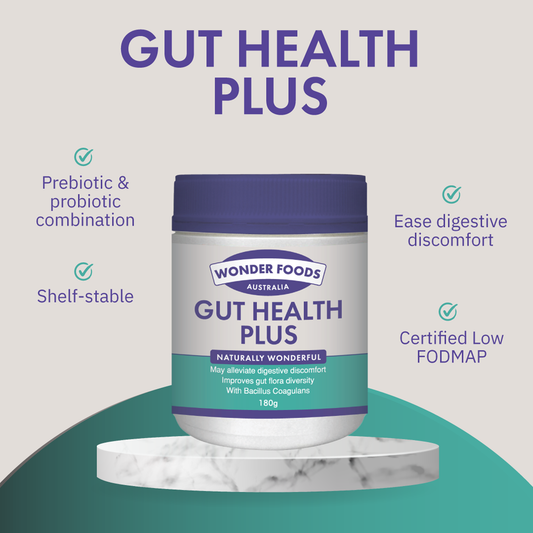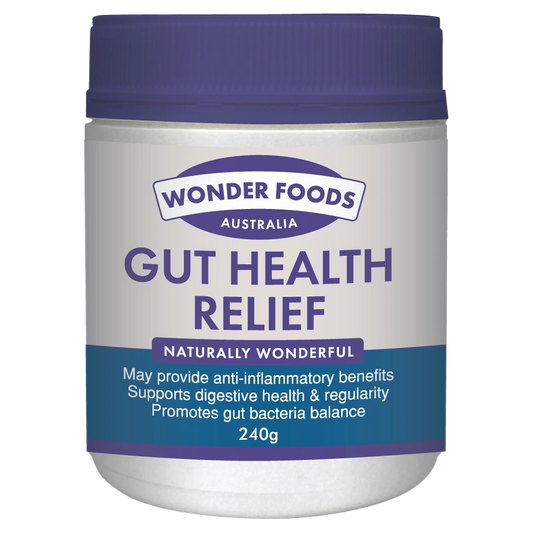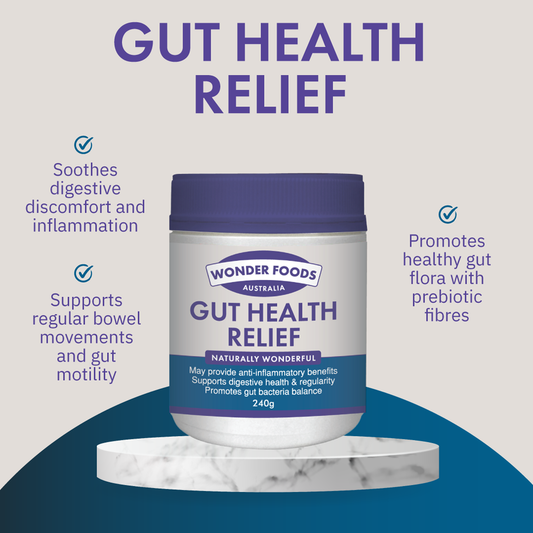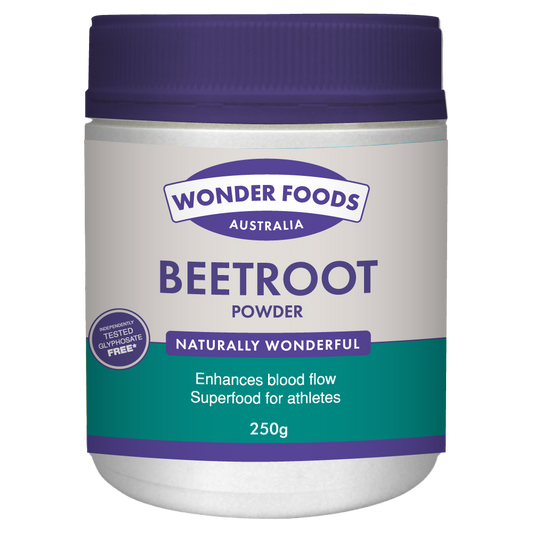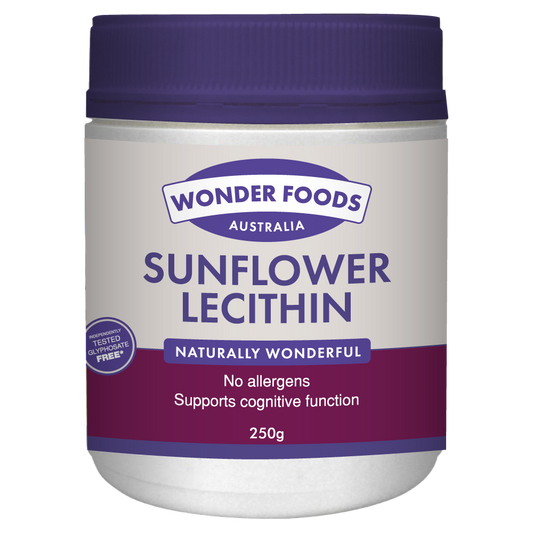
Gut-Brain Connection
New Research Links Stomach Rhythms to Mental Health
Your Gut and Mental Health: More Connected Than You Think
We’ve all felt it: “butterflies in the stomach” when nervous, or that “sick to your stomach” feeling under stress. Now, science shows there’s truth to these sayings.
A groundbreaking study published in Nature Mental Health by researchers from Aarhus University, Denmark, reveals that the stomach and brain are closely linked — and that this connection may directly reflect mental health.
The Study at a Glance
- 243 participants were studied using advanced imaging techniques.
- Researchers measured both stomach rhythms (electrogastrography) and brain activity (fMRI).
- Mental health profiles ranged from high well-being to symptoms of anxiety, depression, fatigue, and insomnia.
The key finding?
Stronger synchronisation between the stomach’s rhythm and the brain’s activity was linked with poorer mental health.
What Scientists Found
- People reporting higher anxiety, depression, stress, and fatigue showed stronger coupling between stomach and brain activity.
- Those with better well-being, sleep, and life satisfaction had weaker stomach-brain coupling.
- This link wasn’t random — it was strongest in brain regions involved in attention, emotion, and cognitive control.
- The effect was specific to the stomach-brain axis, not explained by heart rate, breathing, or general brain activity.
Why This Matters
This research suggests that your stomach’s natural rhythm isn’t just about digestion. It may act as a signal of emotional and psychological states:
- Stronger coupling = potential “alarm system” reflecting stress, anxiety, or low mood.
- Weaker coupling = more balance, well-being, and resilience.
While past research has focused on the gut microbiome and digestion’s role in mental health, this study highlights a new dimension: the stomach’s electrical rhythms and how they directly communicate with the brain.
The Gut-Brain Axis in Everyday Life
This study adds weight to the idea that gut health and mental health are inseparable.
It’s why nutrition, prebiotics, probiotics, and lifestyle strategies that support the gut may also influence:
- Mood and stress resilience
- Sleep quality
- Energy and focus
- Overall mental well-being
What’s Next in Research?
The Aarhus team plans to:
- Explore this connection in people formally diagnosed with anxiety or depression.
- Conduct long-term studies to see if stomach-brain coupling predicts future mental health changes.
- Test whether interventions that alter gut-brain communication can improve mood and well-being.
Key Takeaway
This research shows that your gut feelings are real — the stomach’s rhythm can reflect your mental state.
By caring for gut health, we may find new ways to support mental well-being.
At Wonder Foods, we believe that nutrition and lifestyle play a central role in the gut-brain connection.
Supporting your digestion today may help strengthen both body and mind for tomorrow.
Wonder Foods offers this post for education purposes only. Please consult your Health Practitioner for personalised and specific information.


